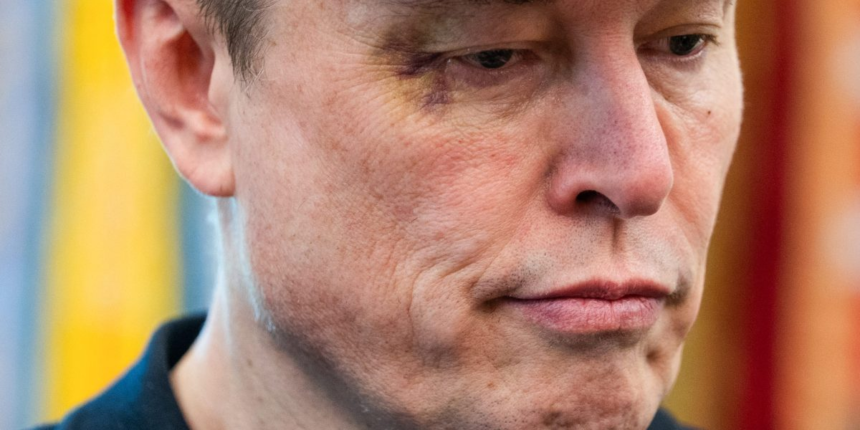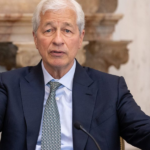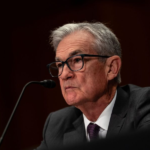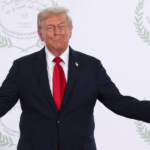An admission by Tesla’s directors that investors will be forced to wait until November before voting on key issues has come under sharp criticism fire from a leading U.S. expert on corporate governance.
“They can’t even have an annual meeting annually? That’s ridiculous—it’s almost expressing a contempt for lawful and accepted procedure.” Charles Elson told Fortune. “Shareholder voting is a core principle in our system of capital formation, and if you abrogate that, then you punch a hole in the system itself.”
Elson serves as a subcommittee chair on the American Bar Association’s Business Law Section and is the founding director of the Weinberg Center for Corporate Governance at the University of Delaware.
The announcement of the Nov. 6 annual general meeting came just hours after a group of institutional investors representing $1.5 trillion in assets under management expressed their “deep concern” over the delay and called on the board to “immediately” disclose the date.
Delaying its meeting in order to hold a vote over a new pay package for Musk or a potential investment in his latest startup xAI—the two most commonly cited theories in the Tesla community—did not meet that threshold in his view.
“The law has to be equally and neutrally applied. There aren’t special exceptions for special people,” Elson said, referring to Musk.
Tesla did not respond to a request from Fortune for comment.
Unless shareholders mount a legal challenge to the later date, however, there are no repercussions for the company.
Nevertheless, Elson fears this attitude waters down the spirit of capitalism. If a company’s owners don’t feel like they have a say, it lessens the likelihood of investing in equities.
“It’s the one time of the year where every shareholder has the chance to voice their concerns to management in an open forum. It’s a natural part of the corporate calendar that ensures accountability—you can’t deny shareholders their fundamental suffrage right,” he said.
“I don’t think this board is capable of acting outside of Musk’s interests. So the question then is what exactly does it do?” Elson asked. “Why are these individuals being paid hundreds of millions of dollars?”









